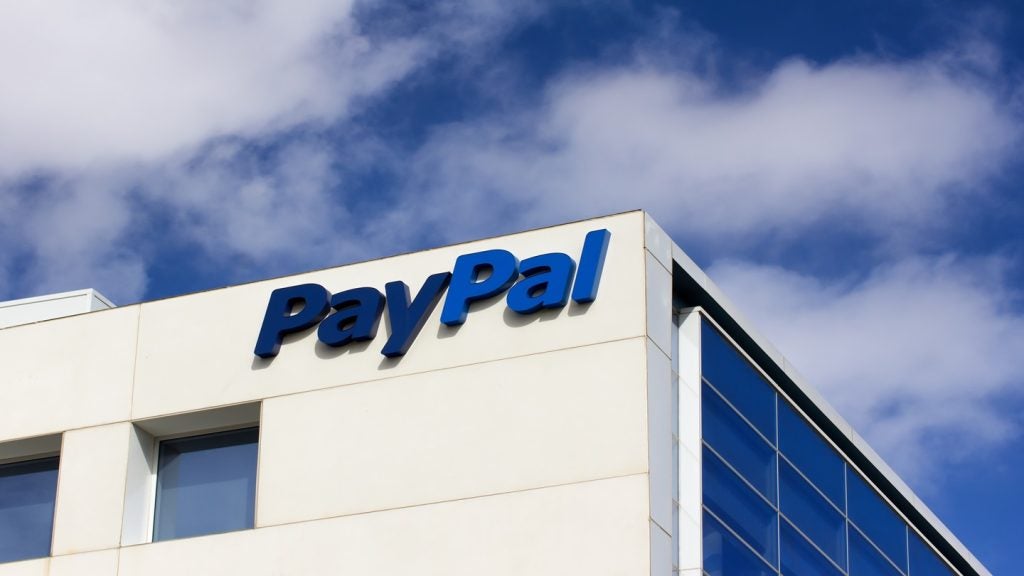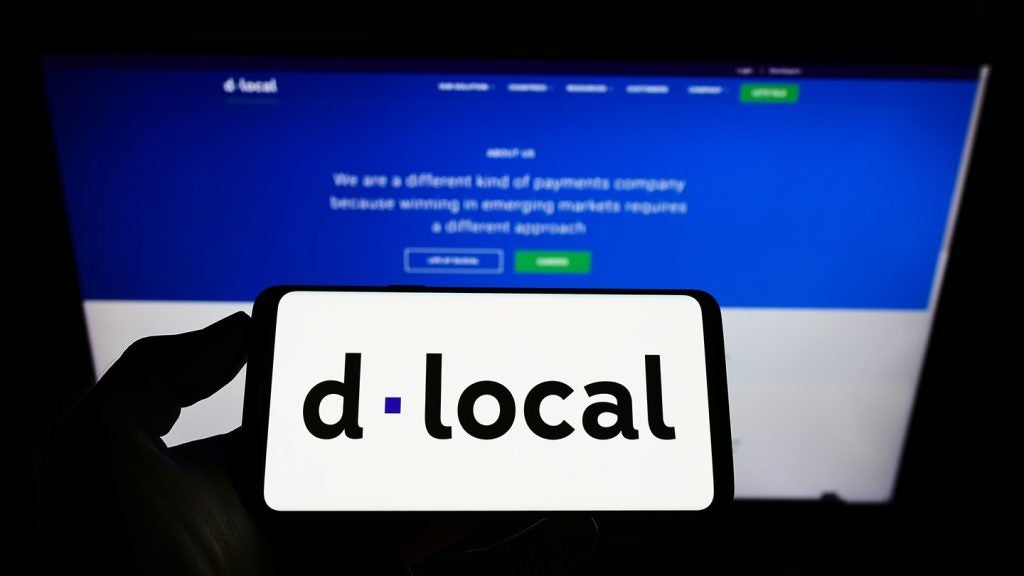As Visa and MasterCard prepare to fully
enter the C$168 billion ($162 billion) Canadian debit card market,
lawmakers and politicians are frantically scrambling to set out the
parameters within which the payment networks can operate, wary of
the threat that they pose to Canada’s national debit scheme
Interac.
Jim Flaherty, the country’s finance minister, is leading efforts to
introduce a voluntary code of conduct covering the debit card
market, following the introduction of a credit card code of conduct
on 30 September, requiring credit card issuers to provide a summary
box on credit card contracts and mandate a minimum 21-day grace
period among other measures.
The debit code of conduct, which is expected to be introduced in a
matter of weeks, will also act as a sop to merchant and consumer
groups, which have argued for such a code to be in place to limit
the threat of the new contenders to Interac. The code is expected
to cover transparency of rates and fees, although Flaherty is
thought not to favour caps on fees.
One of the most pressing issues is priority routing of debit
transactions, with Visa and MasterCard taking different approaches.
Visa plans to let cardholders choose at the point of sale whether
their debit transaction is routed through Visa or that of the
national scheme Interac. MasterCard says that if the accepting
merchant accepts Maestro debit, the transaction will be priority
routed through the Maestro network, with cardholders not being
given the option of choosing Interac.
This means that once Visa and MasterCard’s banks commence the
issuance of network-branded debit cards, Interac’s position as the
‘default’ routing scheme will be weakened by a fall in transaction
volume. Pro-merchant groups say that Visa and MasterCard will be
able to offer rewards and incentives to consumers, and they also
argue that usage of Visa and MasterCard-branded cards will result
in higher costs for merchants and consumers alike.
MasterCard stated in July this year that it has not set an
interchange fee for its Maestro debit card, and that its switch
fees are currently set at C$0.005 ($0.004) per transaction, or 37.5
percent less than the C$0.008 currently charged by Interac. Visa
also stated that its entry into the Canadian debit card market will
include an interchange fee, calculated as a flat fee and as a
percentage of each transaction.
How well do you really know your competitors?
Access the most comprehensive Company Profiles on the market, powered by GlobalData. Save hours of research. Gain competitive edge.

Thank you!
Your download email will arrive shortly
Not ready to buy yet? Download a free sample
We are confident about the unique quality of our Company Profiles. However, we want you to make the most beneficial decision for your business, so we offer a free sample that you can download by submitting the below form
By GlobalDataMerchants groups urge debit card delay
The Canadian Federation of Independent Business has asked the
banking industry to agree to a voluntary moratorium on any Visa or
MasterCard debit cards until mid-2010.
“One of our greatest concerns is that Canada would lose its
low-cost, flat-fee debit card system,” the federation wrote in a
letter to the Canadian Bankers Association.
Interac currently operates on a nonprofit association basis and
charges a flat interchange fee for processing payments over its
network. Mindful of the threat that Visa and MasterCard pose,
Interac has been in months of discussions with Canada’s competition
bureau to explore the possibility of becoming a for-profit entity
in order to place it in a stronger competitive position to its
publicly-traded rivals.
Meanwhile, Visa is planning to showcase its contactless debit
payWave proposition at the upcoming 2010 Winter Olympics in
Vancouver. Visa, which is a major Olympic sponsor, has signed up
merchants located in the Olympic village to configure their POS
terminals to accept payWave debit transactions. payWave is already
available on Visa credit cards in Canada, and this marks the first
time payWave has been offered on debit cards in the country. Visa
is hoping to capitalise on having a captive audience in the Olympic
village, as only Visa-branded credit, debit and prepaid cards will
be accepted at Olympic venues in the city.








